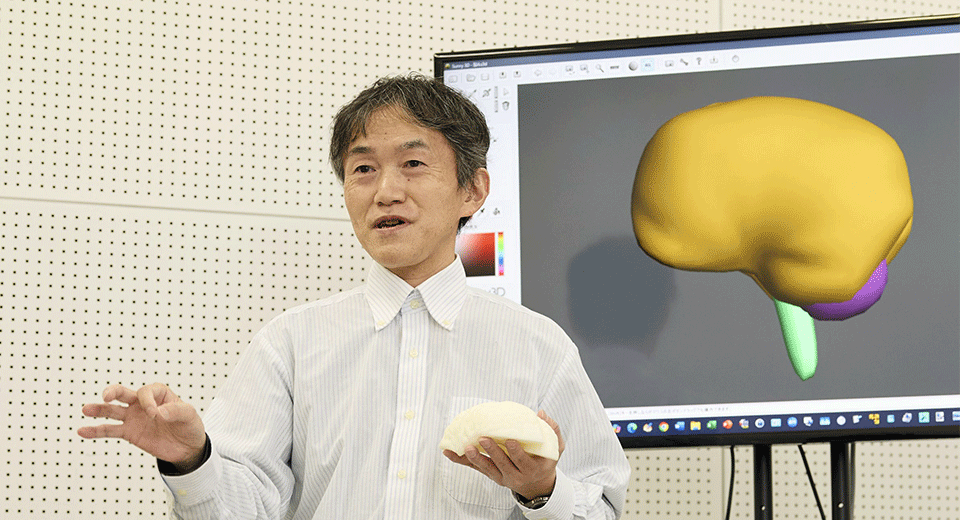


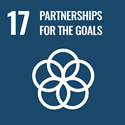
College of Nursing Art and Science
Professor Takafumi Katayama
To lead a healthy life, it is important for each individual to engage in health-promoting activities that suit them. With the aim of creating a "town where people can naturally become healthy," I participated in the development of a health plan such as this. The plan includes activities such as exercises that can be done during spare time, methods to relieve stress, avoids prolonged sitting, incorporates locally grown vegetables, and establishes one's own "health-promoting routine." By making health-conscious actions a habit, we aim for all citizens to create a "town where people can naturally become healthy."



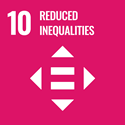
School of Human Science and Environment
Professor Narumi Nagai
We are conducting research on creating healthy food environments and nutrition education from the perspectives of nutrition science and behavioral science. In Japan, we have a system of nutrition teachers responsible for nutrition education and school lunches which are renowned worldwide. The introduction of school lunches dates back to the post-war period when they were initiated to improve child malnutrition. To leverage this experience in developing countries, which still face many nutritional issues, we are working with undergraduate and graduate students to study and propose nutrition education and school lunch programs tailored to local conditions.
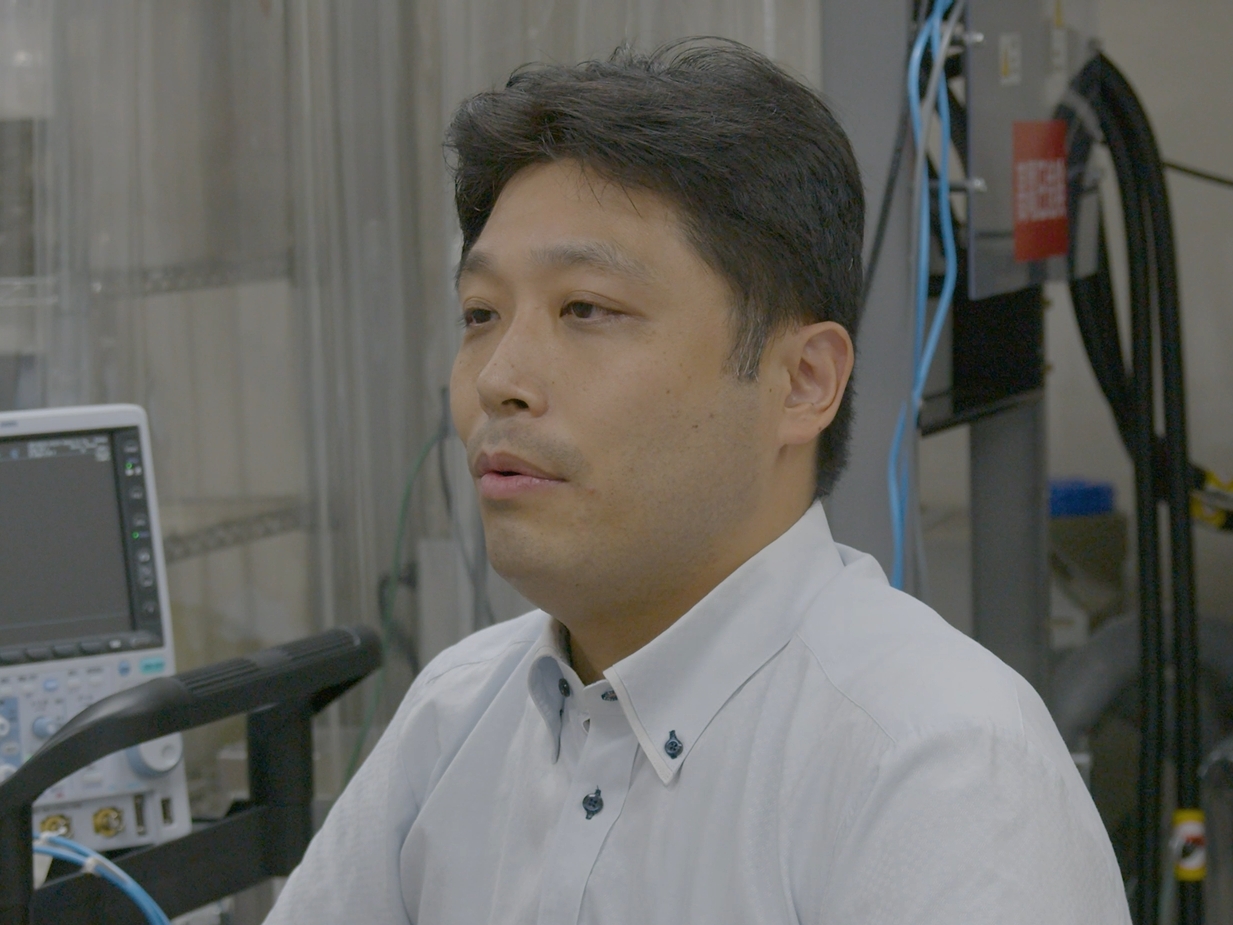


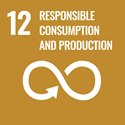
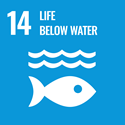
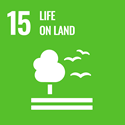
Graduate School of Engineering
Associate Professor Yoshihiro Oka
I am developing a water-based pesticide that uses only water as an ingredient and which is safe and worry-free for both humans and the environment.
In recent years, there have been problems such as the emergence of pesticide tolerance disease and effects of chemical pesticides on human health, so there has been a demand for the development of new pesticides.
Cavitation plasma technologies can be used to create disinfectant water that is highly effective against plant pathogens.
I believe that cavitation plasma disinfectant water can greatly contribute to the realization of sustainable farming that is not dependent on chemical pesticides.
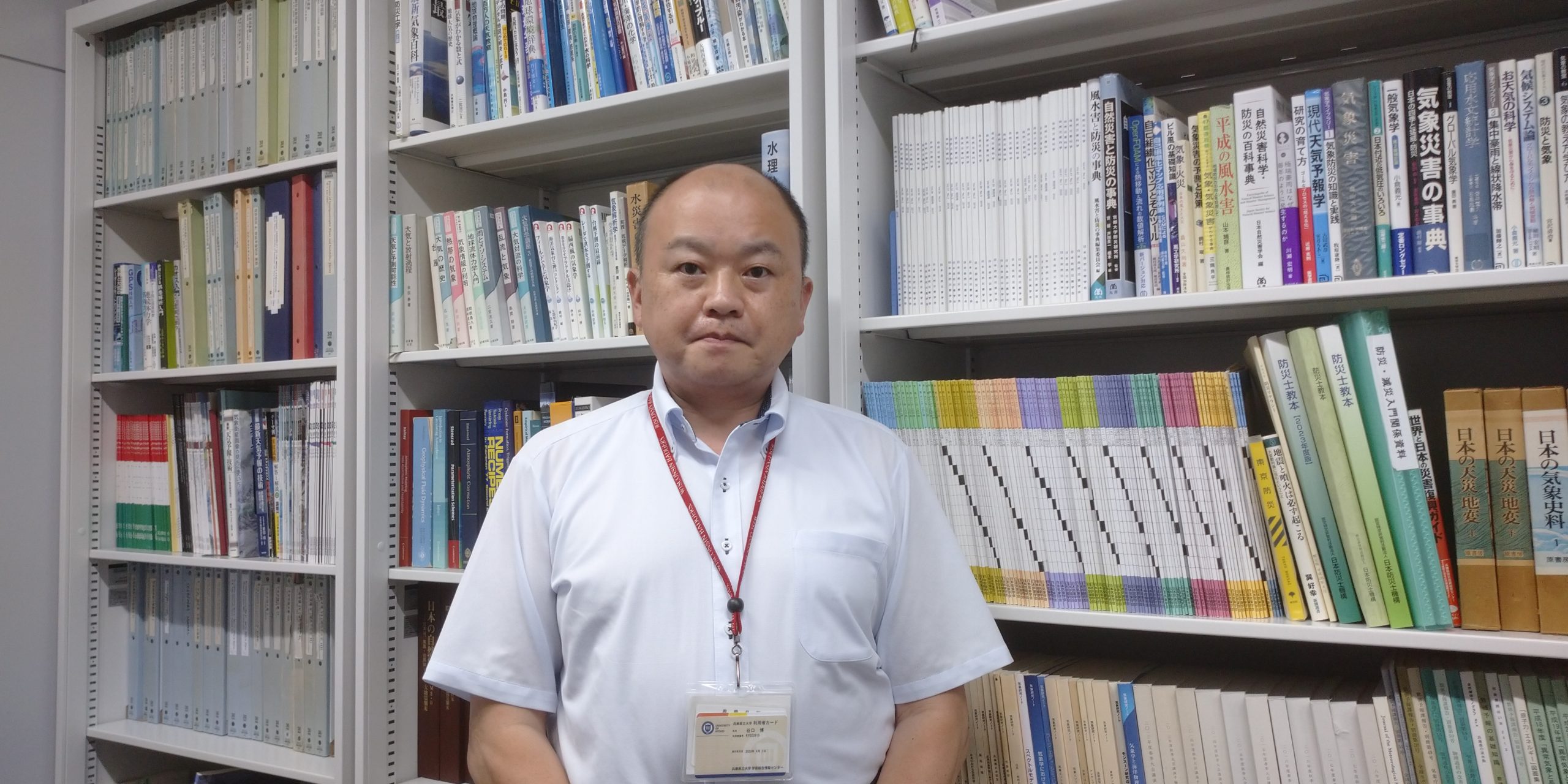


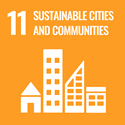


Graduate School of Disaster Resilience and Governance
Associate Professor Hiroshi Taniguchi
Meteorology and climatology are fields in the natural sciences that are closely connected to the everyday lives of humans. I learn about these fields and conduct research so that the knowledge I gain can be applied to future disaster prevention and disaster resilience. For example, methods such as analysis of observation data and re-analysis data, numerical simulations, and theoretical calculations are used for clarifying the mechanisms of past, present, and future phenomena. The forecastability of such phenomena and the relevant knowledge can be used for creating hazard maps or other applications.
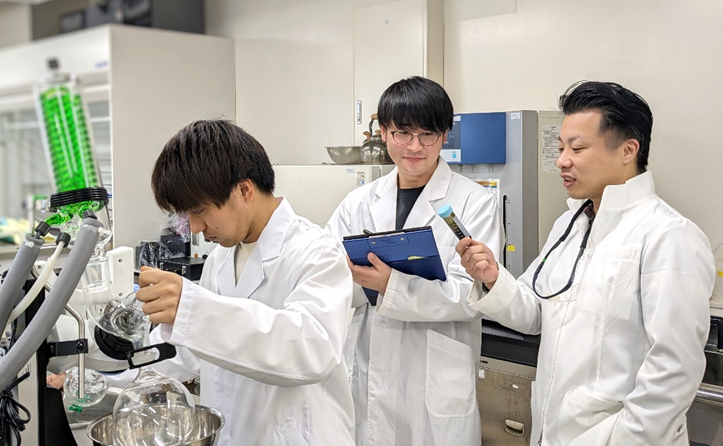
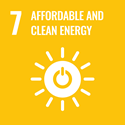



Graduate School of Engineering
Associate Professor Takeshi Kakibe
Inedible plant biomass such as cellulose and lignin are polymers having superior characteristics to the biomass found in food products, so there are expectations that this biomass can be used as materials for plastics in place of fossil resources.
We are constructing a synthesis process that aims to convert these types of plant biomass to functional materials using derivatization and to achieve low-energy-cost synthesis.
Furthermore, we aim to be able to design a material that has a low environmental footprint by adding functionality such as biodegradability to yielded biomass derivatives.
Other goal initiatives can be found in the list here.